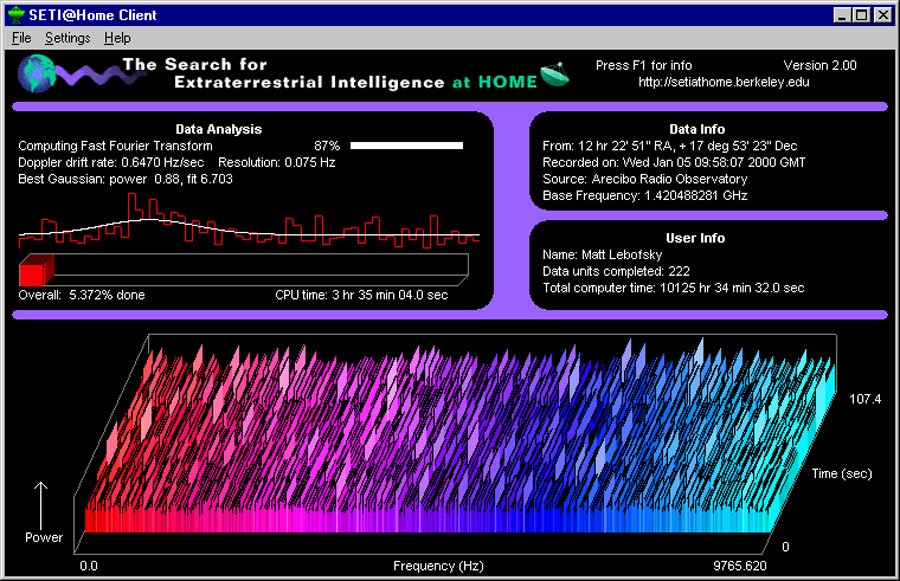I didn’t want to be here again. I swore I was done with Windows. But, here I am.
Years ago, I picked up Skyrim on a Steam sale, and immediately fell in love with it. I got pretty far along with it. I think I was getting to level 70 or so, but memory fades.
Then I discovered modding, and nexusmods.com.
By the time I was done, my character was so OP, and my save files so jumbled, that I lost interest, and started playing other things.
Then Windows 10 came along, and I got caught up in the hype. Since we had an Xbox 360 and an Xbox One, I thought it would be neat to get everything together, and make a Microsoft “family” unit, like you can do in with Apple gear. I upgraded all 3 of my family PC’s, hoping to be able to limit my kids’ screen time through it. Then Windows 10 went crazy, with its adverts and “push ware.” And Microsoft’s “family” thing was a complete fiasco for me. Despite six hours on the phone with Microsoft, I couldn’t join one of my kid’s Xbox account to the family unit. On top of this, the time limits for his new account didn’t work at all. So I downgraded all 3 PC’s back to 7.
Then I bought a PS4, gave my monster game rig to my son, retired the other 2 PC’s, gave away the 360, and washed my hands of Microsoft, and Office.
Skyrim went on sale on the Playstation store, and I thought, “Hey, there won’t be a way for me to break the game with the mods available in the Creators Club.” Turns out I was wrong on that point… but I avoided the OP ones, and I started playing again, just concentrating on the main quest. I got to about level 30 again, and just kept getting bogged down by the slowness, and the controls, the lack of SkyUI for inventory management, and the inability to “fudge” the rules a little, from time to time.
Like, really, I hauled 100 pounds of dwarven scrap metal back from some ruins, to craft thousands of dwarven arrows from it, and level up smithing very quickly. I’m not spending literal hours of real time, chopping firewood for this. I’m going to open the console, and type player.additem 6f993 100, and just get on with it.
So I quit playing.
Then I got a bright idea. Skyrim is an old game, right? It should run on old hardware just fine, right? I still had the old PC’s lying around. Could they run the game better than the console?… I put a 760 in one machine, and quickly found that it would “hitch” every few seconds. I started digging into the problem, and discovered that the machine was so old that it had a Core 2 Duo, and that’s actually below even the modest Skyrim SE minimum requirements.
Another old PC had a Phenom II X6, which wasn’t a bad chip. That was enough to run Skyrim, but the power supply in that machine didn’t have enough juice to run the 760, so I was left with using some 5970 piece of junk. It wouldn’t run the game at all, because it was stuck at DX 9.
Time passed.
Parallels advertised that their latest version supports DX 12. Like a fool, I paid good many to upgrade, only to prove that running Skyrim under Parallels is also a hitch-ridden exercise. If someone has figured out how to make this work well, I’d love to hear about it. It doesn’t seem to be accessing the texture memory of the GPU on the Mac. I don’t know if that’s an architecture limitation or a configuration problem. I couldn’t find anything about this from searching.
Time passed.
I got the itch to play Skyrim again, so I took another look at my Phenom-based computer. I started looking into the detailed power requirements, and thought, you know what? They’re probably just being safe. I could probably run the 760 with the power supply I have, if I just adapt some of the power leads to hook into it. So I ordered what I needed.
Then I thought, hey, let me double check my junk pile. Lo and behold! I had a power supply that could run on the Phenom-based computer, and comfortably power the 760! I had totally forgotten that I had helped a friend with some home networking stuff, and he had given me the thing because he didn’t need it any more. I noticed that it needed one power adapter to plug into the motherboard, so I ordered it too. And then I noticed that I didn’t need the adapter. So I installed it, and got the game loaded, and found that it ran great!
And now I have 3 power adapter cords that I don’t need.
The only niggle now was that I had a lot of noise in the audio line. And it got worse when I actually ran the game. I was just using the baked-in sound card, so I installed a spare Creative XFi card. That didn’t fix it. Then I figured out that the noise was coming from the HDMI line. So I muted it. Then I disabled it. Then I pulled the audio feed from my monitor out of my mixer entirely.
I’ve been using HDMI audio on my PS4 all along, but it has an optical output jack… And I’ve since bought a Thunderbolt 3 dock for my MBP which also has an optical output jack… So I took the opportunity to buy a cheap digital audio switch, and swap out everything for TOSLINK audio.
By now, the game is playing so much better on the PC than the console, there’s no going back. So I did the last step. I bought an SSD, and cloned the HDD onto it. Even on this 10-year-old PC, Skyrim is playing like butter at the 60Hz monitor frame limit, inventory management is a breeze, the controls work well, and load times are, like, half a second.
Skyrim. I can’t believe how much effort this game has caused me to expend. This time, for sure, whatever else happens, I’m finishing the main quest, and putting it to bed. But the whole exercise reminded me of why I have always been drawn to this hobby. Hacking stuff together and figuring out the solutions to all the problems along the way is interesting to me, and I guess I’ve kind of missed it.

